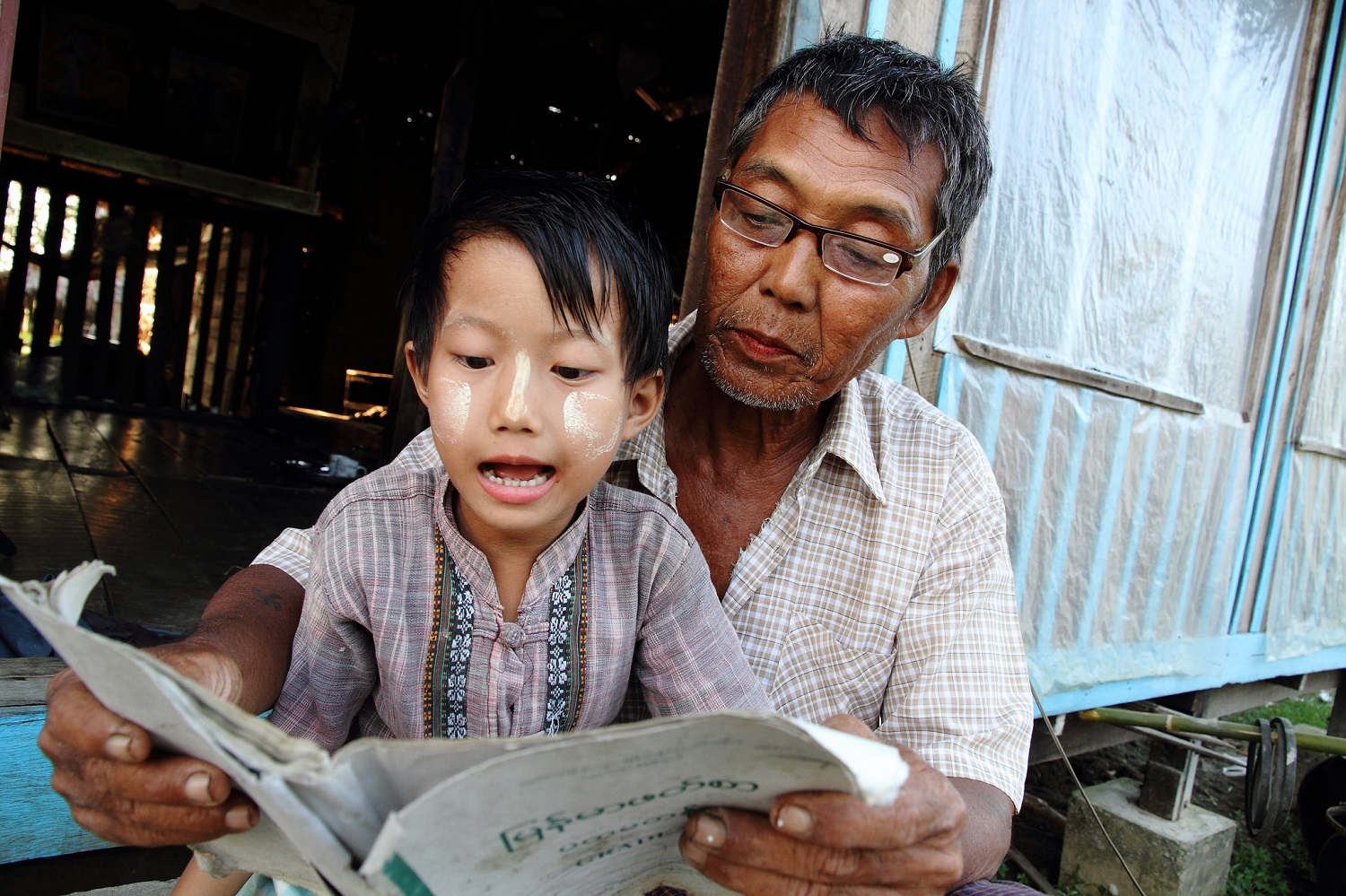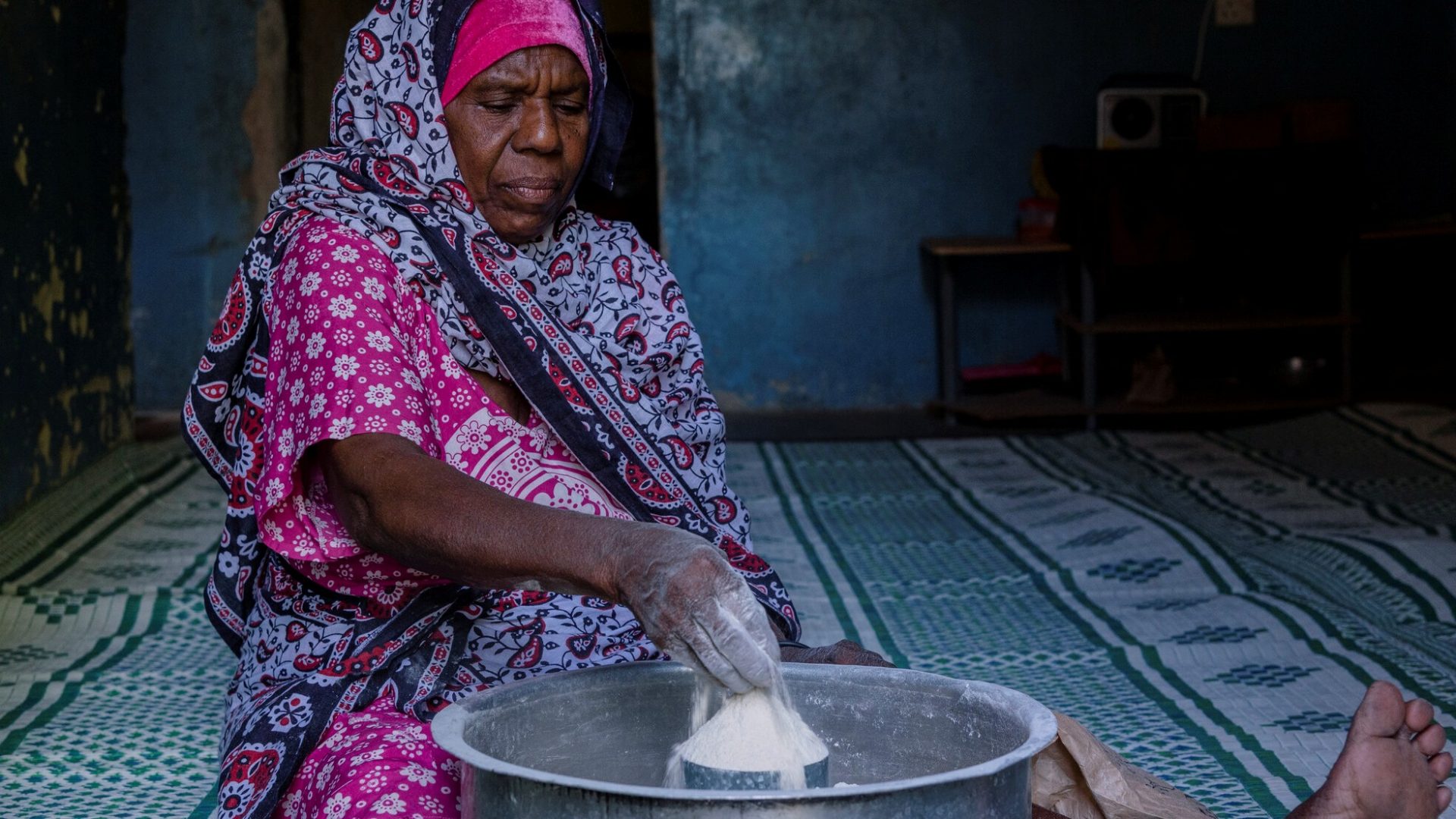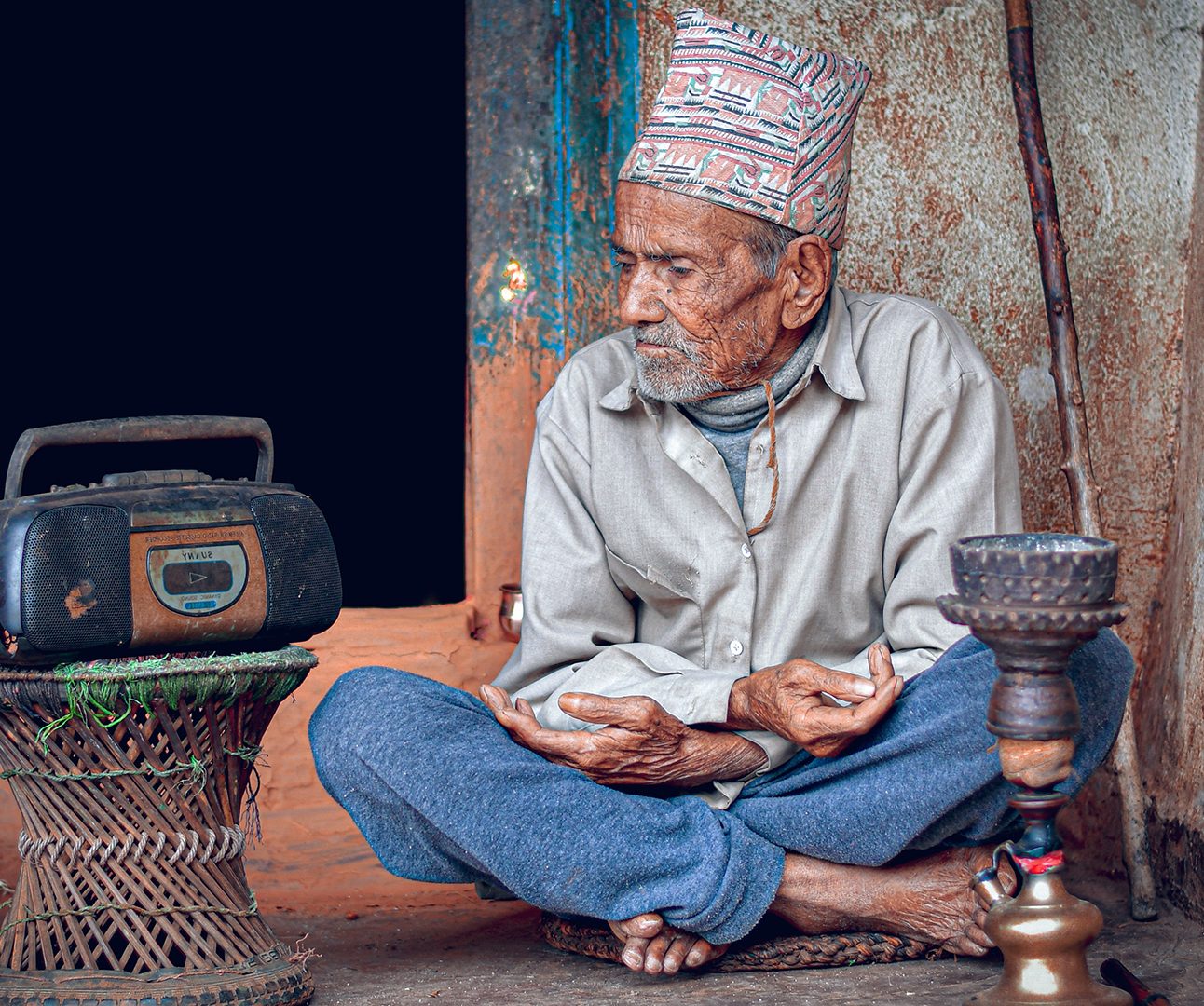Localising HelpAge’s Country Offices
Let’s start with the country offices. What exactly has HelpAge been doing?
David: For many years, HelpAge worked through a combination of country offices and partner organisations. Since 2020 we have worked hard to transition away from our 13 country offices and to instead back locally-led initiatives.
In each country we worked closely with civil society groups, partners and older people themselves, to identify the most suitable new model to support.
In some countries, new, independent, locally-led organisations have been established. In others, we have supported the launch of new local networks and partner-led initiatives. It’s been a complex process, involving programming, governance and funding challenges, as well as the real personal impact of uncertainty and change on those involved.
Why take such a leap?
There are three central reasons.
We believe impactful change for older people is best achieved through initiatives led from within communities. When done well, locally rooted programmes are more accountable, better suited to the local context, and more sustainable.
The evidence is already there – years of successful, partner-led programmes have proven the model. Coupled with sector-wide calls to shift power and resources, HelpAge recognised quite early that sometimes the best way to help is to strengthen others, commit our support and sometimes even just to get out of the way so that local organisations can lead.
This also required a frank assessment of HelpAge’s role: where strong actors already exist, or are ready to take the lead, maintaining a country office may not be the best way to make a difference. Instead, HelpAge can focus on expanding collaboration, amplifying their impact and generating new insights – crucial in a time of shifting and often shrinking aid flows.
Can you give us an example of where this has worked well?
David: Myanmar is a great example. In 2023, we closed our country office and supported the establishment of AGE Myanmar – a new fully independent national organisation and a member of the HelpAge Global Network. In March 2025 they led a very effective earthquake response programme for older people and affected communities following a devastating earthquake in the centre of the country. This is an experienced team, with strong leadership, contextual knowledge and operational agility; and they made a huge difference. They’re now advocating for social protection and inclusion of older people, promoting healthy ageing, and even exploring new social enterprise opportunities.





